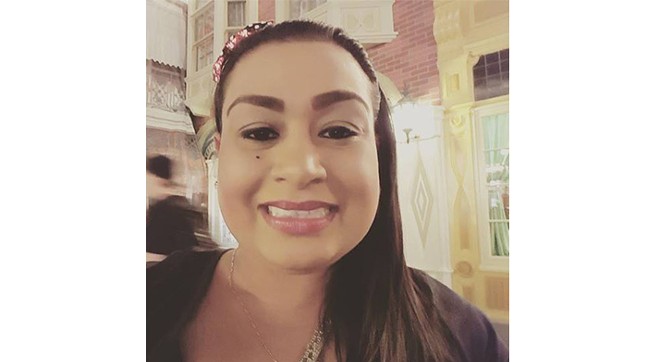For many teachers, the pandemic has meant learning to navigate a whole new world of virtual classrooms. But for Maria Hosein, a third grade teacher at PA Cyber, teaching her students over the past year hasn't been all that different from how she was working previously.
Hosein began teaching at PA Cyber in 2007, more than a decade before the online school boom of the past year. The charter school functions almost completely online, with students logging on from all across the state. Hosein is based in Philadelphia, where she taught in the School District of Philadelphia at a traditional brick-and-mortar school before making the switch.
She says the school she worked at before coming to PA Cyber was in "deep need," but that cyber schooling offers the chance to cater more to students’ individual needs.
"It's hard when one person is responsible for moving and shaking and getting all those kids where they should be, and differentiating instruction for all of those kids," says Hosein, "where I feel like, in a cyber environment, parents are more on board, and you're able to help with designing things that make this process more personalized for kids."
Hosein also says that building relationships with the families of her students has been crucial to the students' success. When she taught in-person school, Hosein says there were some kids whose parents she never met or spoke with, but that at PA Cyber, she communicates with them frequently. She also feels it's important that people know sending a child to online schooling does not mean they won't have a social life.
"It's very strange that people assume we don't have relationships with our students online that teachers that are in physical classrooms have. It's not true. We have really good relationships with our students," says Hosein, noting that during non-pandemic times, the school has field trips and field offices for students to attend. "When you choose to cyber educate your kids, you're not giving up the social aspect."
But no school year in 2020 was without its challenges. While Hosein didn't have to adapt to using new technology in the classroom, there was still an increased number of students, causing her to take on another class and work with parents who might not be fluent in the technology the school uses, especially since the school enrolls many families living in rural areas without high-speed internet.
"You can't control how much knowledge someone has when they come to you,” says Hosein. “All you can do is work with them when they get here."
But Hosein has been able to offer some tips and advice to her teacher friends who work in traditional schools and have been struggling to adapt to the new format. The past year has also made her wish that outsiders had a better understanding of cyber school, and how, when done right, it can be an effective tool for students.
"I think people look down on cyber education. They don't consider it real school," she says. "I think with all the bad things the pandemic has brought, one of the things that I think it's correcting is allowing people to recognize what we do, how we do it, and how good we are at it."


